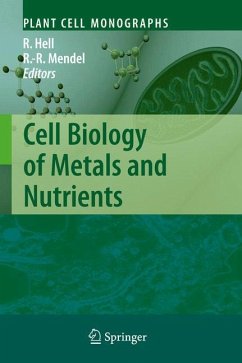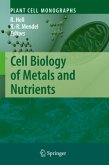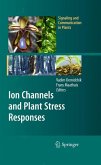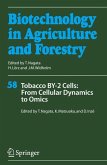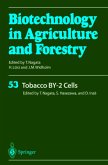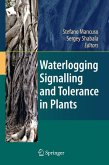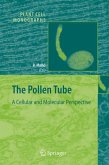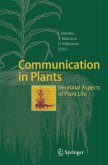Plants are composed of 17 essential and at least 5 beneficial elements, and these must be taken up as metal or nutrient ions to allow for growth and cell division. Much effort has been devoted to studying the physiology and biochemistry of metals and nutrients in plants. The aspect of cell biology, however, is an emerging new field and much needs to be learned about sensing, long-distance communication within plants, and cellular signal transduction chains in response to environmental stress. Cellular malfunction and consequently disease result when any of the key steps in metal and nutrient homeostasis are disrupted.
Working together, leading experts in their respective fields provide a new concept that reaches beyond plant nutrition and plasmalemma transport into cellular physiology. Each chapter contains basic information on uptake, physiological function, deficiency and toxicity syndromes, long-distance and intracellular transport. The discussion is devoted to metals and nutrients where recent progress has been made and highlights the aspects of homeostasis and sensing, signaling and regulation, drawing parallels to other organisms including humans. Finally, the book identifies gaps in our current knowledge and lays out future research directions.
Working together, leading experts in their respective fields provide a new concept that reaches beyond plant nutrition and plasmalemma transport into cellular physiology. Each chapter contains basic information on uptake, physiological function, deficiency and toxicity syndromes, long-distance and intracellular transport. The discussion is devoted to metals and nutrients where recent progress has been made and highlights the aspects of homeostasis and sensing, signaling and regulation, drawing parallels to other organisms including humans. Finally, the book identifies gaps in our current knowledge and lays out future research directions.
